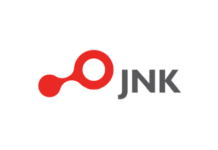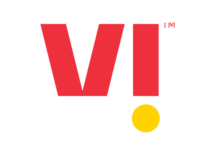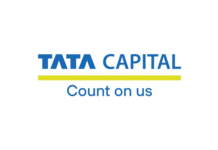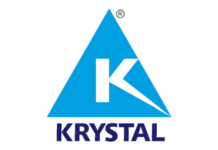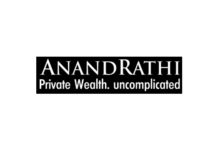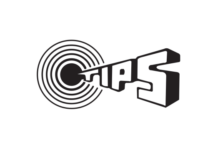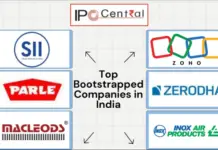Capital market regulator SEBI has put a consultation paper seeking comments on dual-class share structure to be implemented in India. This is an important development since several entrepreneurs had thrown their weight behind this sort of structure which is immensely popular in the US, especially with tech startups. Analysts feel this could be a game changer for startup listing in India following more flexibility in the regulatory framework.
Through the draft framework, SEBI has sought public comments and the window will remain open for public comments till 20 April 2019.
Once enacted as a rule, it will allow homegrown companies to issue shares with differential voting rights (DVRs), either superior or fractional. Some Indian companies like Tata Motors have already experimented with DVRs that offer lower voting rights but higher dividends than ordinary shares. However, this stream hasn’t found many takers due to several reasons including high discount of DVR shares over their regular counterparts, low liquidity etc.
So what’s different this time?
The latest move by SEBI will effectively allow entrepreneurs to exercise better control over their ventures even after diluting their shareholding to external investors. The step is likely to give more power to startup founders and entrepreneurs which have increasingly found themselves in tricky situations against investors lately. A good reminder being the recent developments at Ola Cabs’ parent company ANI Technologies which has resisted attempts by its largest shareholder SoftBank to further increase shareholding.
Read Also: Check SEBI IPO Status of Upcoming Public Offers
Startup listing to get a boost
Saving the rare exceptions, startup founders tend to see their shareholding reduce with every funding round while the influence of investors increase in-line with their shareholding. In certain situations, founders and entrepreneurs find themselves powerless and at odds with investors. As such, a dual-class shareholding is quite helpful for entrepreneurs which are increasingly opting for this method to maintain control on strategic decisions. This trend is especially prevalent in the US where Facebook and Google have such structures. The founders of IPO-bound ride hailing startup Lyft have 20 votes for every one vote of an investor in the venture.
Read also: Indian startup group seeks confidential IPO filing option
Once this shareholding structure is allowed in India, startup listing is likely to see more action in the domestic stock markets. The absence of such a regulatory framework has been one if the factors encouraging startups to base themselves overseas as well as seek listings in stock markets outside India.
Conditions apply
Superior Rights (SR) shares, as SEBI calls these shares, will come with certain strings attached. For one, SR shares can be issued only to the promoter of a company. The current SEBI framework also suggests that such companies can bring their IPO only if the SR shares have been held by promoters for more than a year at the time of filing the draft prospectus. The market regulator also mandates a 5-year sunset clause which means that SR shares shall get converted into ordinary shares on the fifth anniversary of the listing of the ordinary shares of the company.












